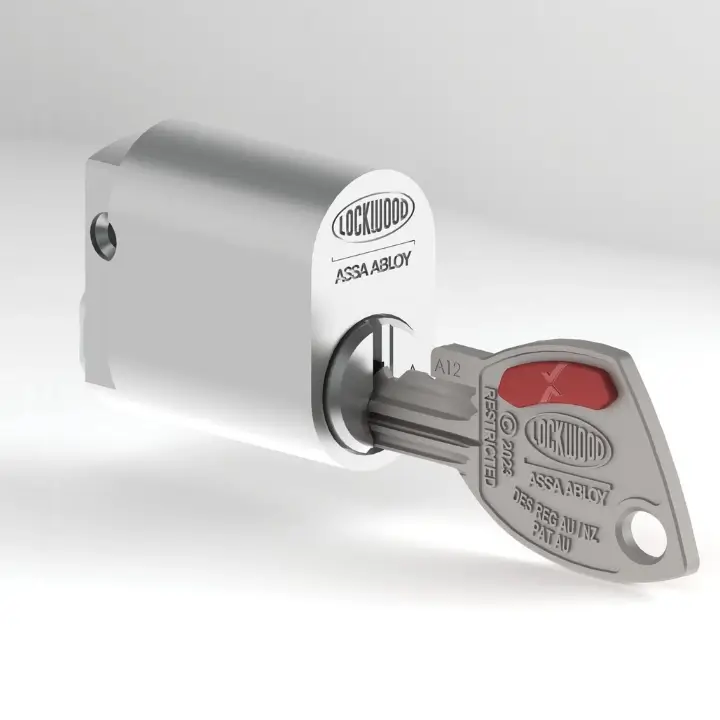How Do You Copy Keys That Say Do Not Copy?
Some keys are stamped with “do not copy” or “do not duplicate”. This is often used as a deterrent to prevent you from copying the key elsewhere. But unless it’s part of a registered master key system, these words do not give it legal protection. It’s not illegal for a locksmith to cut such keys for you to make a copy, but it might be against the rental agreement. However, if the key is a registered design with ongoing patent protection, unauthorised duplication is illegal.
How Do Restricted Keys Work?
A restricted key system has legal protection benefits in the form of a key design registration for 10 years and patent protection for up to 20 years. During this time, the lock cylinder and key blanks are only available to specific approved locksmiths. The locksmiths are only legally permitted to cut the keys by written orders from the authorised person or business of the property.
The distribution of restricted key blanks is regulated and controlled, eliminating the risk of unauthorised key duplication. The blank keys can’t just be sold by any sellers nor purchased by any buyers. Only specific people or businesses are provided the right to order keys.
Restricted keys have a unique key profile, which means a standard blank key will not fit into the keyway of the restricted lock. Some registered key designs also require special equipment to cut the keys because of their unique design. This adds another layer of protection and increased security.
However, once the legal protection has expired after 10 years, there’s no legal reason preventing any locksmiths or key cutters from copying the key. When this happens, it’s advisable to upgrade your restricted key system to maintain security.
If you’re not sure whether your key is restricted or if you want to install a restricted keying system, please don’t hesitate to get in touch with us.


